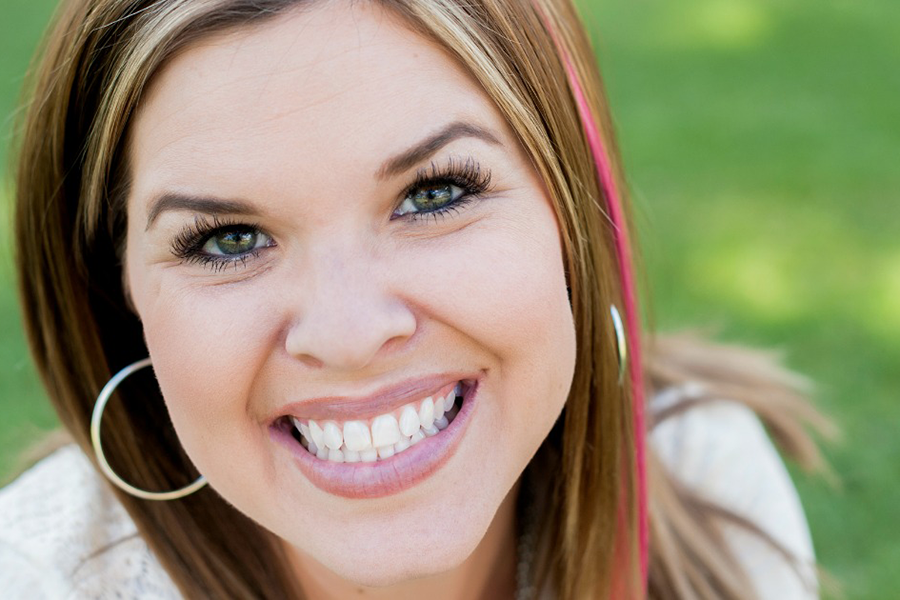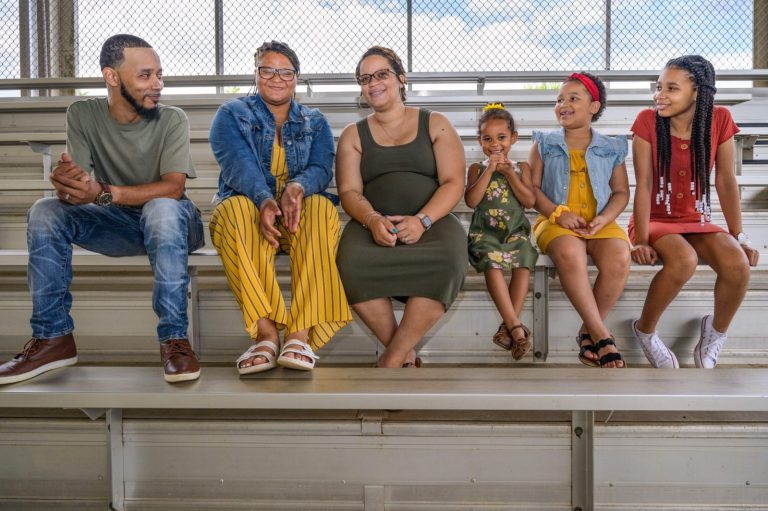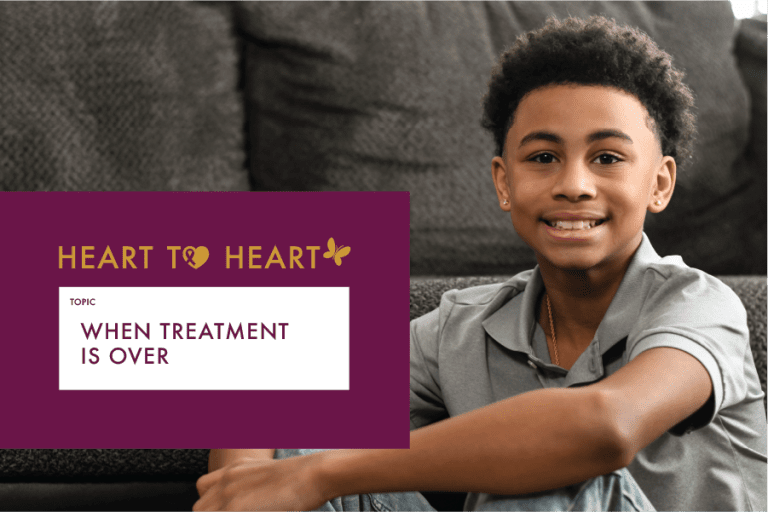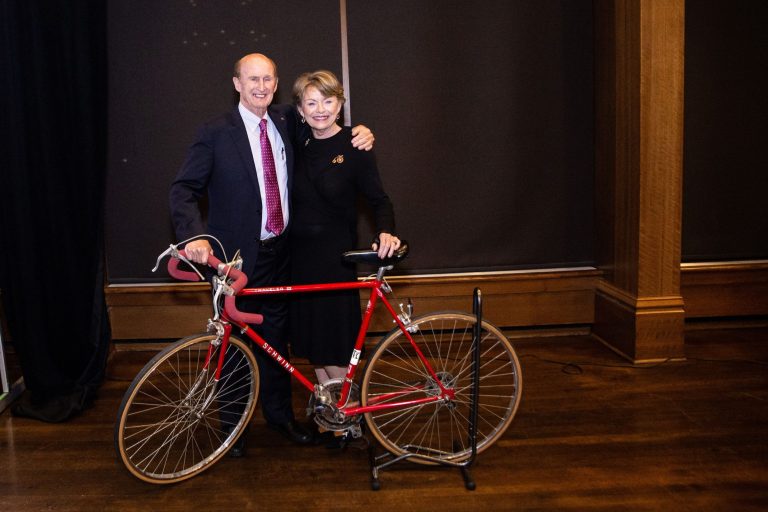Written by Jamie Lynn Hutchings. She is an AML survivor and writer of her blog Surviving The Bubble.
After surviving acute mylocetic leukemia at age 11, I tried to prove myself to everyone around me. I talked about my leukemia every chance I got and tried to remind people about this amazing thing that I had been through. I wanted to be noticed and feel special, and feel like everyone around me also thought I was special. It was at 15 years old that it all came crashing down. I was depressed. Deeply depressed and angry. I didn’t want leukemia to define me anymore.
I stopped talking about the leukemia completely. I didn’t want to attend the children’s cancer benefits that we had become used to attending. I wanted to go to school and act like I was just like everyone else and like the leukemia had never existed. I retreated, didn’t deal with my anger and stopped trying in school. I started hanging out with some friends that weren’t good influences on me and stopped attending church with my family.
By the time I was 17, I was suicidal. I wanted to end it all. I wanted the constant anger and feelings of being completely alone to stop. I had been dealing with some bullying at school and wasn’t getting along with my parents, so I felt completely alone. I felt that I had nowhere else to go and realized that I felt guilty.
I felt guilty to be alive.
I had watched some of my friends die from the same leukemia I had growing up. If I turned on a movie where the child was dying, chances were high that they were dying of leukemia. Why was I still here? What did I do to deserve a second chance at life when so many others weren’t afforded the same thing?
I didn’t realize for years that this feeling was actually completely normal, and even understandable for someone who had been through what I had been through. It’s called survivor’s guilt. It’s a mental condition in which someone who has survived a traumatic event that others did not, feels guilt. It’s a very prominent condition with children that have survived childhood cancer.
I suffered alone for years. I never told anyone what I was feeling—I bottled it up for as long as I could. As I got older and tried several different medications without good results, I finally started to see a counselor. I still battle depression and anxiety daily and have moments that can be pretty dark, however I have a much better grasp on it now.
These are all very real conditions that can come as a result of childhood cancer. Going through something so traumatic at a young age can be very difficult for children to process. PTSD, depression, anxiety and survivor’s guilt can all come soon after or even years after surviving childhood cancer. Look for signs in yourself or your child of anger or withdrawal or lashing out. If you think that these could be a factor, please seek professional help. These conditions are very real, but also very manageable.
I believe that a lot, if not most, survivors have suffered some form of these conditions in the years after diagnosis. Hopefully, someday soon there will be funds allocated for survivors to see professionals and deal with all the emotional effects that come.
I have dealt with depression and anxiety most of my life, but I hope to use what I have learned to help those that feel alone. I hope to help shed some light on the darkness that can come after cancer. I don’t want any child, teenager or adult to feel that they are not worthy of being alive.
Every day of this life is a gift and the longer we have, the more we can give.




